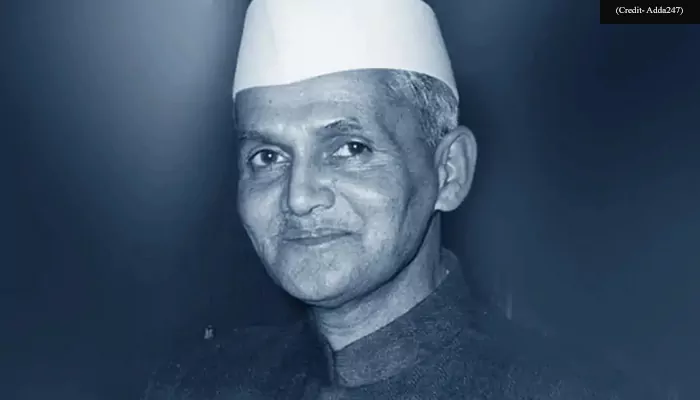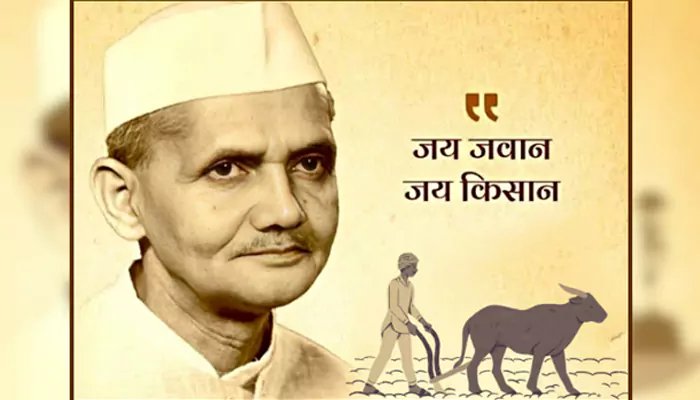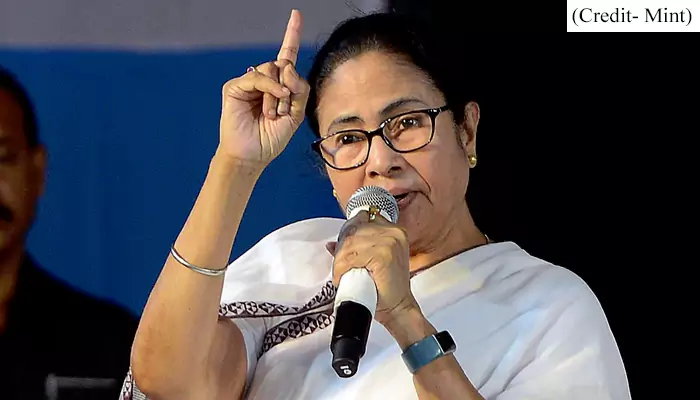The Power Of Political Growth - How Elections Drive Societal Progress
- Admin
- 1 year ago
- 3 minutes read

Politics in life and societal development
Politics, often viewed through the lens of controversy and division, holds within its realm a potent force for societal advancement. Beyond the realm of heated debates and partisan divides, the electoral process serves as a catalyst for positive change, driving progress across various facets of our lives. In this blog, we'll explore the multifaceted role of politics in shaping our daily existence, economy, culture, and even our relationship with nature.
Politics in Our Daily Lives
From the moment we wake up to the time we go to bed, politics influences nearly every aspect of our daily routine. It determines the quality of the air we breathe, the safety of our neighbourhoods, and the accessibility of essential services such as healthcare and education. Whether through local governance or national policies, the decisions made by elected officials have a direct impact on our well-being and quality of life.
The Role of Politics in the Economy
At its core, politics is intertwined with the economy, shaping policies that govern trade, taxation, and regulation. Elections provide an opportunity for voters to choose leaders who will steer the economy towards growth, job creation, and prosperity. Through fiscal policies, infrastructure investments, and initiatives to support small businesses, political leaders have the power to drive economic progress and create opportunities for all citizens.
Politics and Culture
Culture, often considered the fabric of society, is deeply influenced by the political landscape. Elections give voice to diverse perspectives and values, shaping the cultural narrative of a nation. Political movements and campaigns can spark conversations around social justice, equality, and human rights, leading to shifts in societal norms and attitudes. By championing inclusivity and diversity, political leaders have the ability to foster a more tolerant and inclusive culture that celebrates the richness of human experience.
Nature and Environmental Policy
In an era of growing environmental challenges, the role of politics in shaping environmental policy has never been more critical. Elections provide an opportunity for voters to prioritise issues such as climate change, conservation, and sustainable development. By electing leaders who prioritise environmental stewardship and advocate for policies that protect natural resources, societies can work towards a more sustainable future that balances economic growth with environmental preservation.
The power of political growth extends far beyond the realm of government buildings and legislative chambers. Elections serve as a driving force for societal progress, influencing our daily lives, shaping the economy, culture, and even our relationship with nature. By participating in the electoral process and engaging in constructive dialogue, citizens have the ability to shape the future of their communities and drive positive change that benefits all members of society. As we navigate the complexities of the political landscape, let us recognize the transformative potential of elections in advancing the common good and building a better world for future generations.




.webp)







